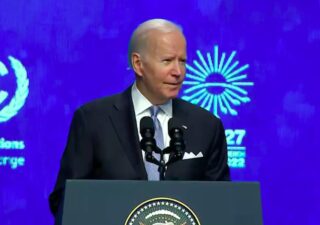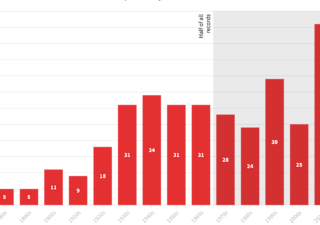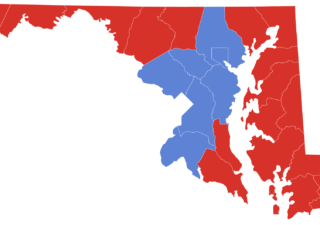One of Ivey’s top priorities is protecting democracy and the right to vote. He said he is frustrated with politicians refusing to concede when they lose an election.
Days after the midterms, Biden reinforces climate pledges at global summit
At the climate summit, leaders of developing nations have been discussing the role the industrialized countries play in causing climate change and who should be paying to help the poorer countries offset the damage.
Justices considering extent of federal power to protect wetlands
The Supreme Court is currently deciding a case which may determine the future of wetlands around the Chesapeake Bay and across the country.
Baltimore City reveals plan for controversial squeegee workers
The plan includes the enforcement of anti-panhandling ordinances in six designated high-traffic zones early next year as part of a plan rolled out by the city’s Squeegee Collaborative.
Unseasonably warm weather breaks records around DMV
The DMV has seen unseasonably warm weather over the past week. Some temperatures are breaking records. Monday marked the hottest November day ever recorded at BWI Airport, Dulles Airport and Reagan National Airport, according to the National Weather Service. Day-high…
How the incel community became a place of despair and misogyny
While some members of incel communities only participate online, others’ actions dangerously escalate.
Four takeaways from the 2022 Maryland midterm elections
Maryland’s first election cycle since the state redrew its district maps last year provided a lot of firsts for the state. Here are some major takeaways from the 2022 general elections.
Charles County candidate with arrest record appears to lose election bid
Julie Brown, the Charles County school board candidate, was tied to multiple shoplifting arrests in recent years.
Late vote count topples five conservative school board candidates
Of the 41 socially conservative candidates from across Maryland who ran for school board, 25 appear to be on their way to winning, according to our analysis.
NASA details new experiments headed for the space station
SpaceX’s 26th commercial resupply mission, targeted to launch to the International Space Station on Nov. 18, will feature several new experiments and technology to advance the health of astronauts.






You must be logged in to post a comment.